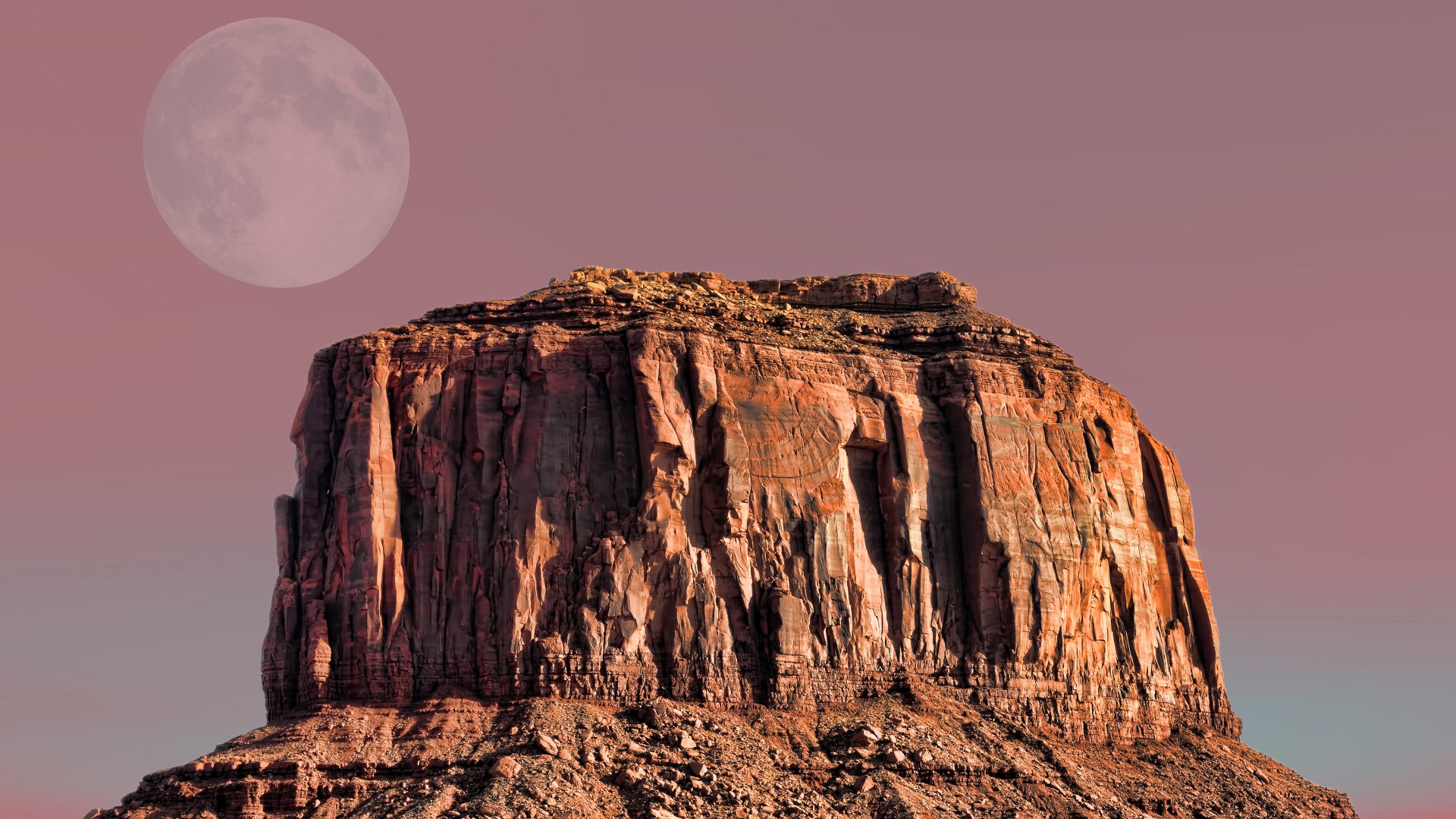
United Launch Alliance (ULA) and Pittsburgh-based Astrobotic are about to make history.
On Jan. 8, a ULA rocket will send Astrobiotic's Peregrine lander toward the moon. If it lands successfully, Peregrine will become the first private lander ever to reach the lunar surface. The mission will also mark the debut of ULA's new Vulcan Centaur rocket.
Riding on Peregrine are a wide variety of scientific instruments developed by NASA that will pave the way for future lunar exploration as part of the agency's Artemis program. But also tucked away on the mission's manifest are sets of human DNA and remains, which are going up on memorial spaceflights offered by two different companies, Celestis and Elysium Space. Celestis will send one of its memorial payloads off into the final frontier of deep space on its Enterprise mission, while its Tranquility payload will ride to the moon on the Peregrine lander. Elysium Space will also place its own payload on the moon with Peregrine.
In response, the President of the Navajo Nation, Buu Nygren, has filed a formal objection with NASA and the U.S. Department of Transportation over what he calls an act of desecration. "It is crucial to emphasize that the moon holds a sacred position in many Indigenous cultures, including ours," Nygren wrote in a letter dated Dec. 21. "The act of depositing human remains and other materials, which could be perceived as discards in any other location, on the moon is tantamount to desecration of this sacred space." Nygren has asked NASA to delay the mission until the Navajo Nation's objections are addressed.
In a pre-launch science briefing on Thursday (Jan. 4), NASA representatives addressed the controversy over the payloads containing human remains being included on the mission, noting that the mission is a private, commercial effort and that NASA has merely contracted for its scientific payloads to be transported to the moon. "We don't have the framework for telling them what they can and can't fly," said Chris Culbert, Commercial Lunar Payload Services (CLPS) program manager at NASA's Johnson Space Center in Houston. "The approval process doesn't run through NASA for commercial missions."
Related: Navajo Nation objects to private moon mission placing human remains on the lunar surface
Culbert added that the private companies launching payloads as a part of the CLPS program "don't have to clear those payloads" before launch. "So these are truly commercial missions, and it's up to them to sell what they sell," Culbert said.
Joel Kearns, deputy associate administrator for exploration at the Science Mission Directorate at NASA Headquarters, acknowledged that these commercial missions could lead to further controversies.
"With these new opportunities and new ways of doing business, we recognize that some non-NASA commercial payloads can be a cause for concern to some communities," Kearns said. "And those communities may not understand that these missions are commercial and they're not U.S. government missions, like the ones that we're talking about."
Kearns added that some of these commercial payloads could even be used for things like advertising, which could lead to further public outcry.
However, Kearns pointed out that these early missions will allow NASA and other agencies to learn more about how to regulate access to the moon going forward. "We're going to learn through these first landings, and the follow-up landings, all the different issues or concerns that are generated by that. And I'm sure that, as time goes by, there are going to be changes to how we view this, or how industry itself maybe sets up standards or guidelines about how they're going to proceed."
The U.S. government has formed an interagency group to review the Navajo Nation's objections and request for delay, agency representatives added during the briefing.
Celestis, for its part, does not find those objections to be substantive.
"The regulatory process that approves space missions does not consider compliance with the tenets of any religion in the process for obvious reasons. No individual religion can or should dictate whether a space mission should be approved," Celestis CEO and co-founder Charles Chafer said in an emailed statement to Space.com.
"No one, and no religion, owns the moon, and, were the beliefs of the world's multitude of religions considered, it’s quite likely that no missions would ever be approved," Chafer added. "Simply, we do not and never have let religious beliefs dictate humanity’s space efforts — there is not and should not be a religious test."
Editor's note: This story was updated at 6:21 pm ET to reflect that Celestis also has a payload of cremains and DNA riding to the moon on the Peregrine lunar lander, in addition to its payload on the Vulcan Centaur debut flight. It was updated again at 8:50 pm ET to include the statement from Celestis' Charles Chafer.







